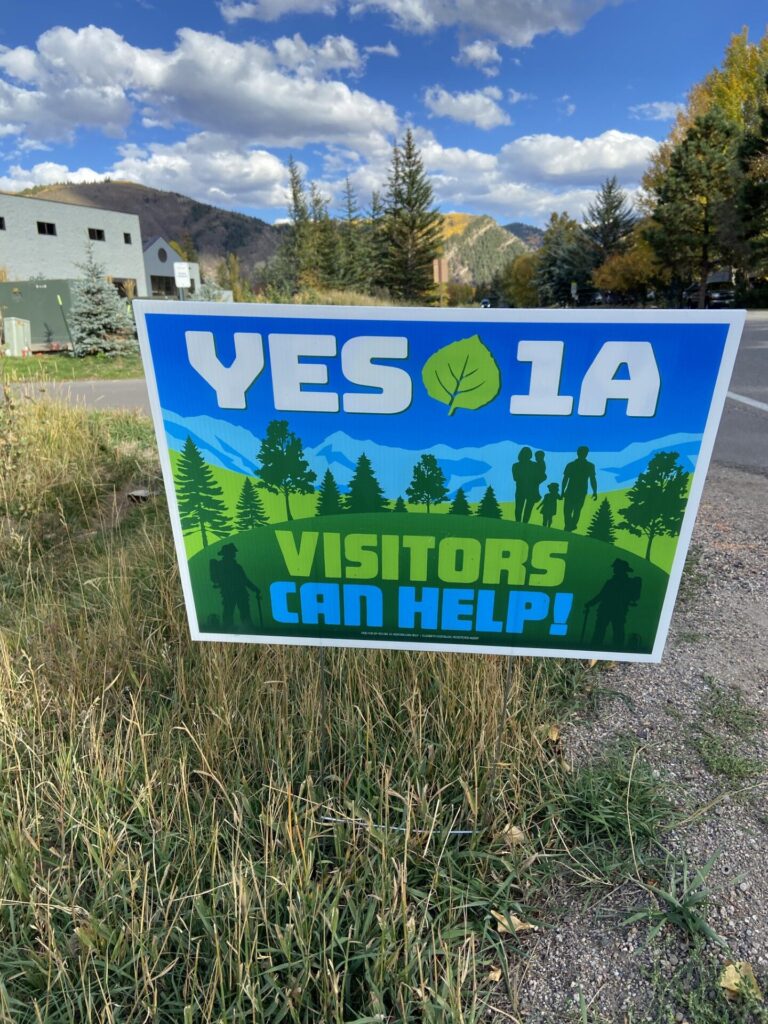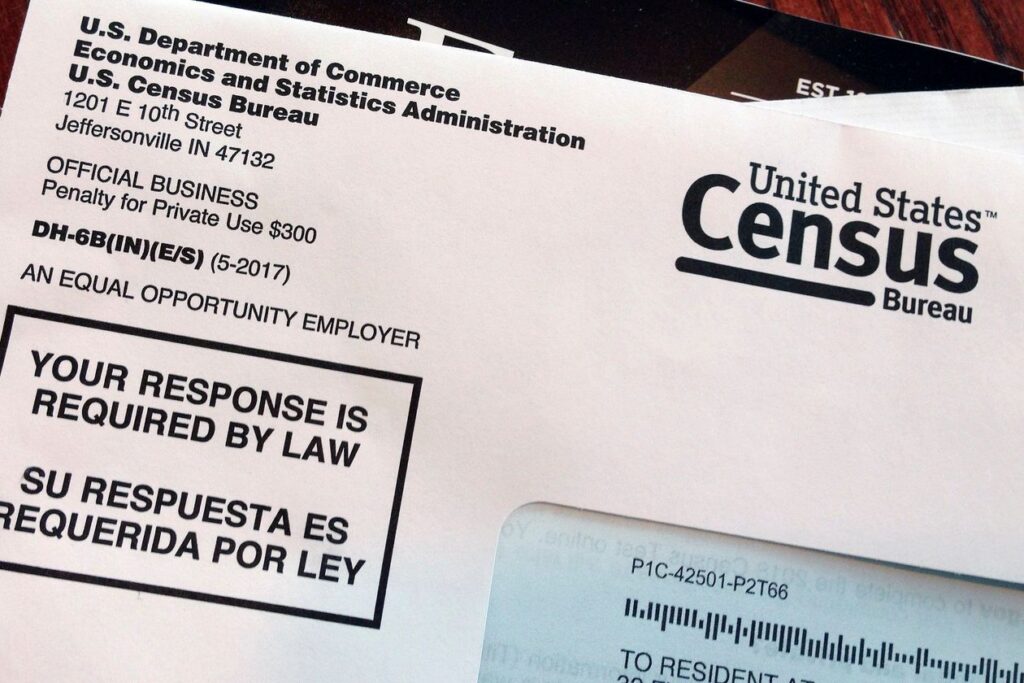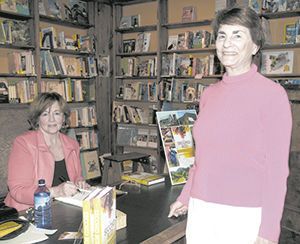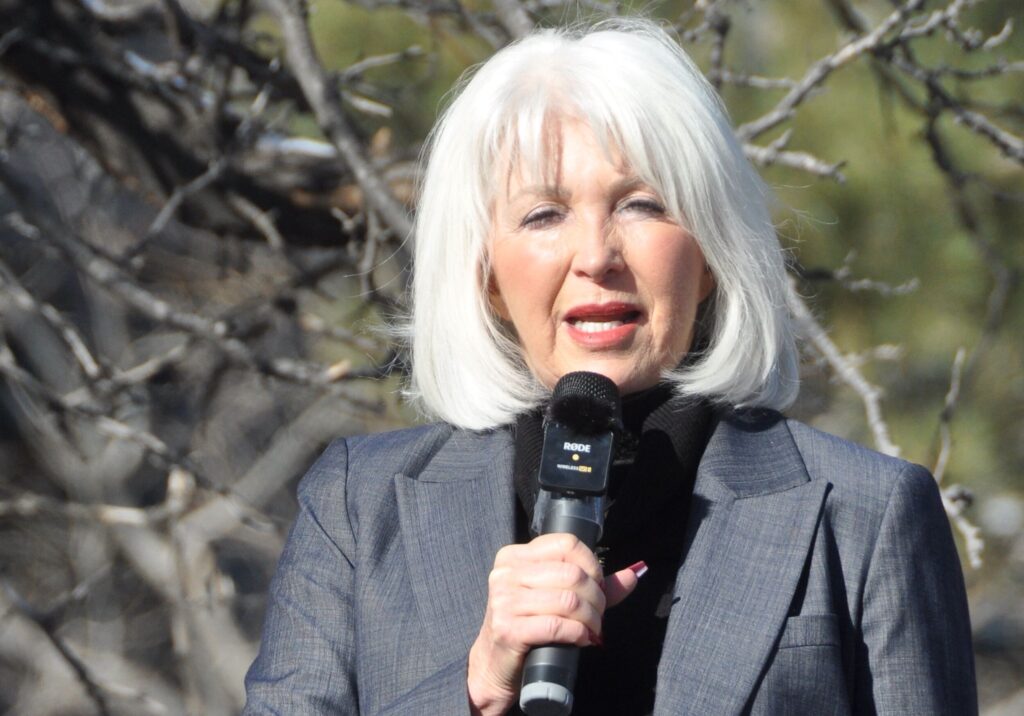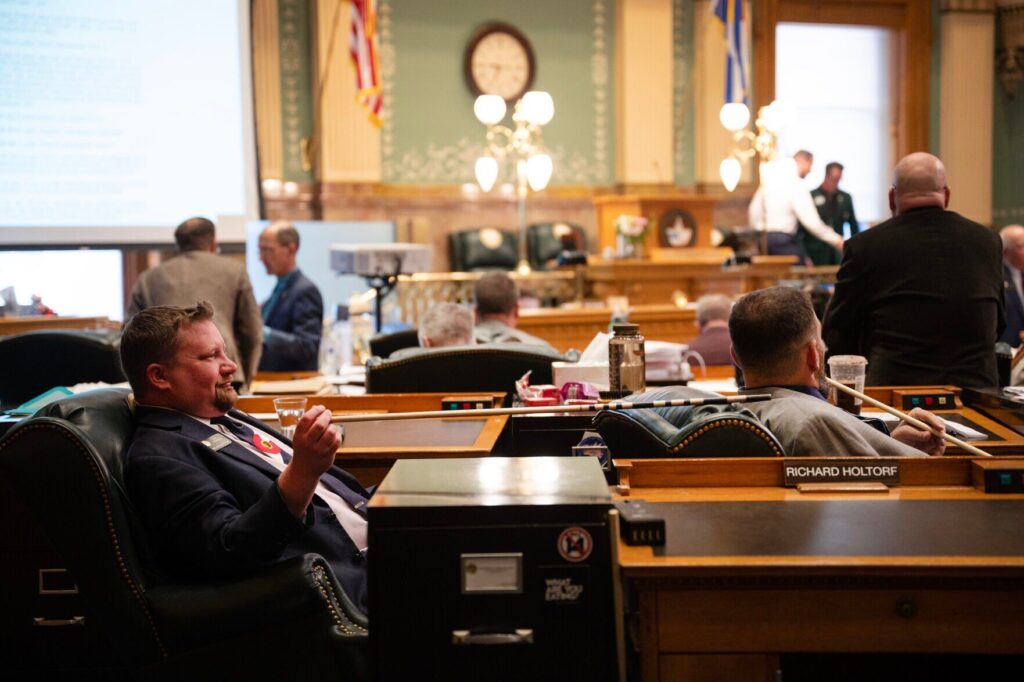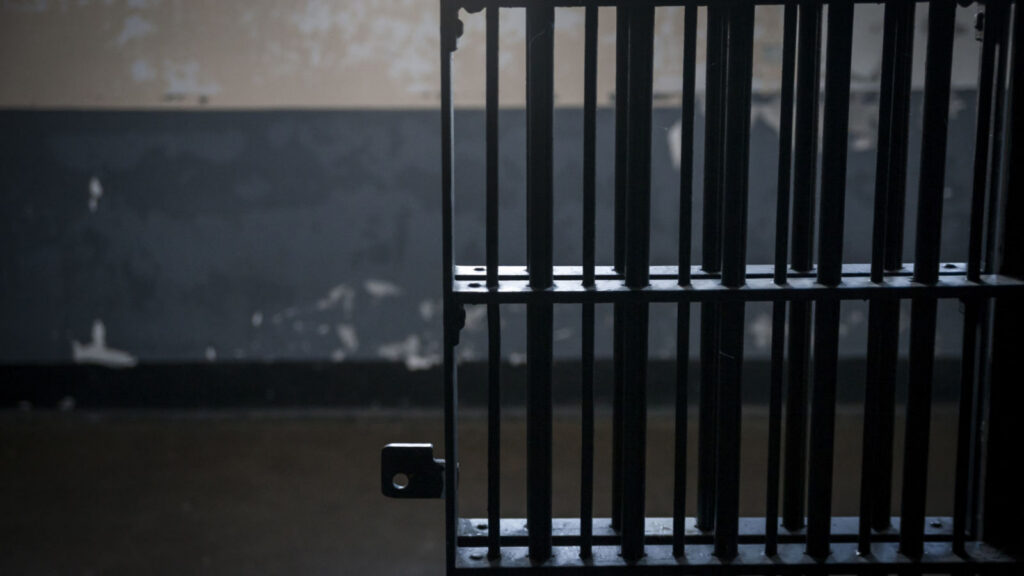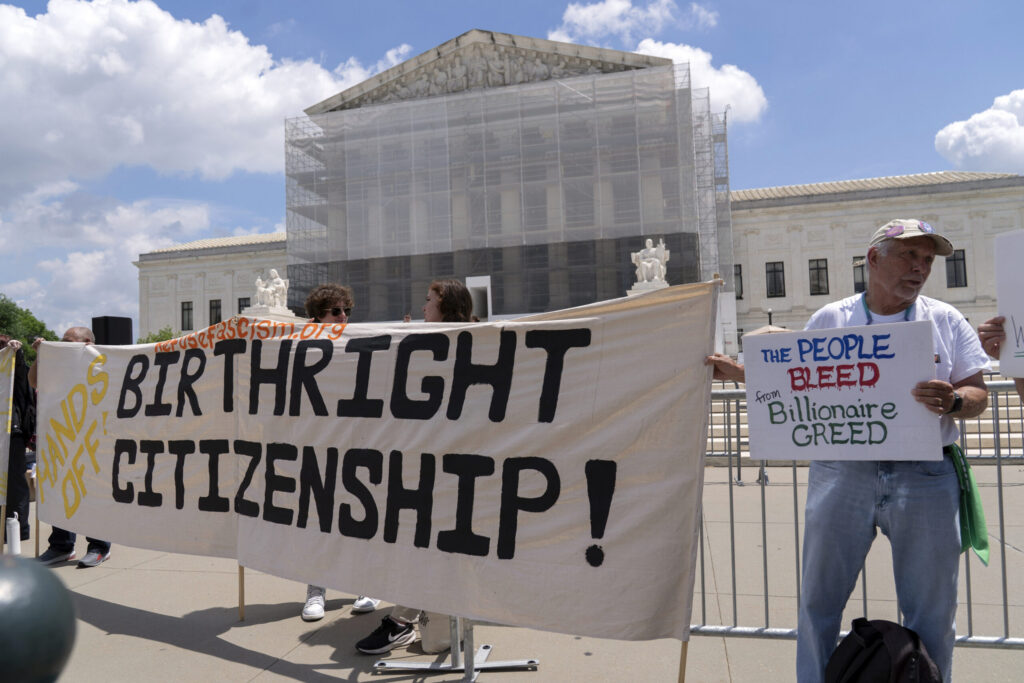Panel kills permanent standard time bill in favor of permanent daylight saving time
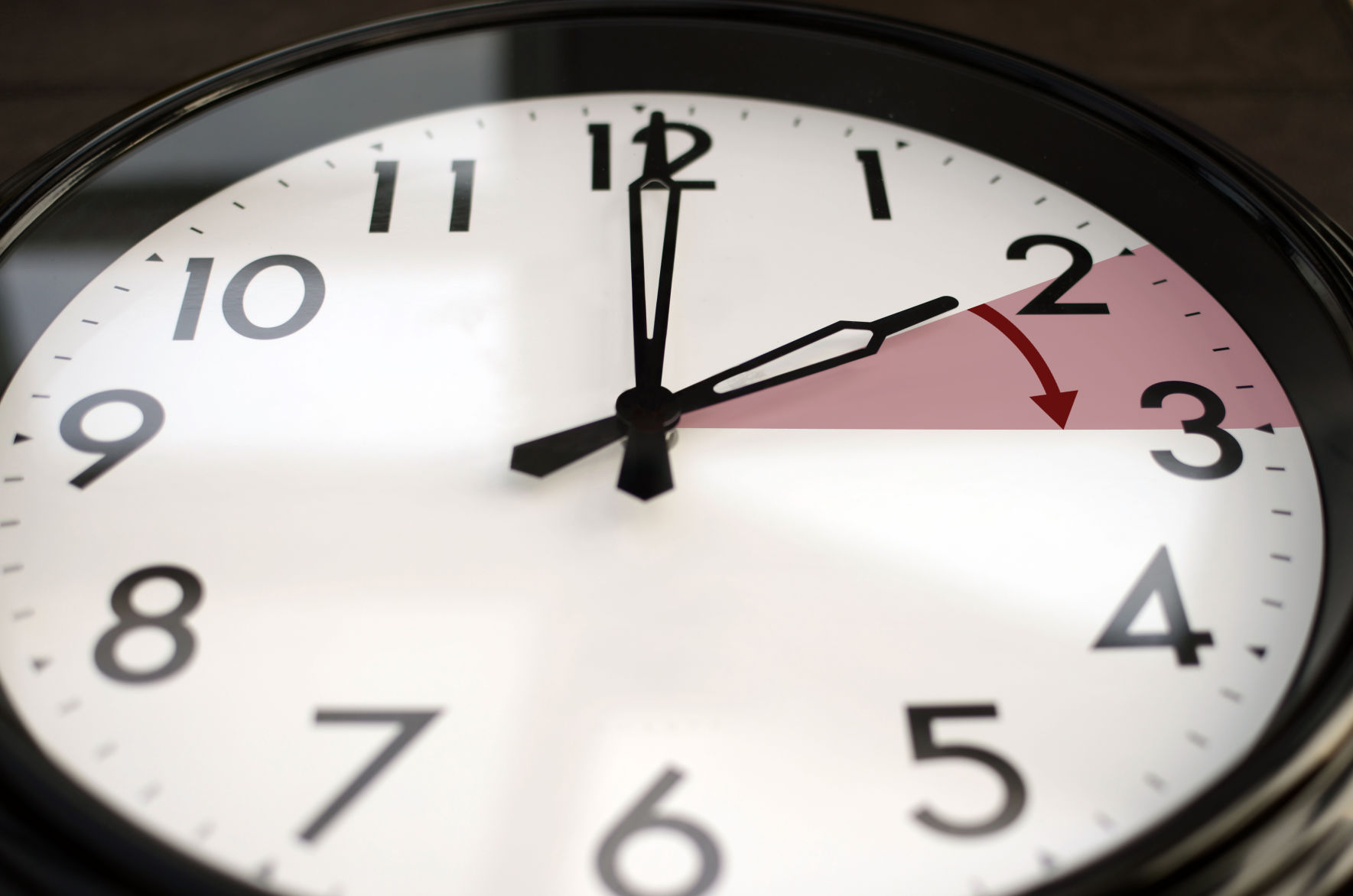
The legislative battle between standard time and daylight saving time ended Tuesday when a Senate panel killed a bill to implement permanent standard time in favor of a measure pursuing daylight saving time.
Sen. Jeff Bridges, who sponsored both of the competing bills, requested that Senate Bill 135 – which sought to make Mountain Standard Time permanent – be voted down because the full House and Senate already passed House Bill 1297, which would make daylight saving time year-round.
“This one was fun. I was so excited about having people fighting on Twitter … about a bill not along party lines,” Bridges, D-Greenwood Village, said. “However, we did come to an agreement on the other bill. I’m a person who sticks to my agreements.”
The Senate State, Veterans and Military Affairs Committee voted, 3-1, to indefinitely postpone SB-135 without discussion. Meanwhile, HB-1297 passed its final legislative vote on April 19 and will be sent to Gov. Jared Polis for consideration.
HB-1297 would make daylight saving time year-round if federal law is changed to allow states to do so and if four other states in the Mountain Time Zone also make the switch. The bill received a bipartisan 27-7 approval in the Senate and a 50-12 vote in the House.
After decades of trying, HB-1297 became the first “lock the clock” bill to make it to floor votes. Colorado lawmakers have tried for more than 30 years to end the flipping back and forth between standard time and daylight saving time, beginning in 1988 with efforts of then-Sen. Bill Schroeder, R-Morrison. Since 2015, legislators have offered seven bills and ballot proposals to make standard time or daylight saving time year-round, all of which were killed in committee.
Following the U.S. Senate’s unanimous approval of a bill to make daylight saving time permanent in March, most of Colorado’s debate focused not on whether to stop the biannual clock switching but about which time to stick with.
“For folks that have to work in the morning outdoors to start off their day, we are making that harder,” said Sen. Kerry Donovan, D-Vail, while voting against HB-1297. “We are making school bus rides darker and we are making people who get to work earlier darker.”
Supporters of permanent daylight saving time said it would allow people to spend more time outdoors in the evenings, increasing mental and physical health while also boosting spending at local shops and restaurants.
Despite the conflict between standard and daylight saving time, legislators made clear they want to end the switch once and for all.
By disrupting sleep schedules, the biannual time change results in more overall deaths from heart attacks, traffic accidents and suicides, according to several studies. Though it’s against federal law for states to implement year-round daylight saving time, 18 states have passed legislation to make daylight saving time year-round if Congress allows it.
Three states in the Mountain Time Zone – Utah, Montana and Wyoming – are already on board. This means under HB-1297, if the federal government gives the OK, only one more state has to adopt daylight saving time for Colorado to switch: Arizona, New Mexico or southern Idaho.
“I just want the madness to end,” Bridges said. “That’s all I want.”



